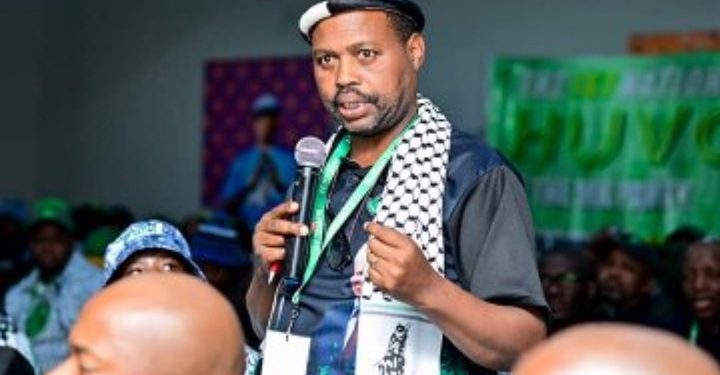- Serame Irvin Mogale, also known as Cde Naameh, has resigned from the MK Party due to internal conflicts and lack of transparency in leadership.
- His departure reflects growing dissatisfaction among members, with concerns over the party’s direction and foundational values.
- Analysts suggest Mogale’s exit could prompt further defections, pressuring the MK Party to resolve its governance issues to maintain support.
Serame Irvin Mogale, widely known as Cde Naameh, has officially stepped down from his role in the MK Party, the splinter group formed by former ANC members in KwaZulu-Natal. Mogale, a founding figure within the party, was positioned to play a significant role in the provincial legislature. However, last-minute changes to the candidate roster left him unexpectedly sidelined, raising questions about transparency and decision-making processes within the MK Party.
In a statement, Mogale voiced his frustration with the party’s internal dynamics, describing a “lack of cohesion and direction.” He shared his disappointment, noting, “I joined the MK Party with the hope of contributing to meaningful change in our communities and the political landscape. However, the recent developments have made it clear that my values and vision no longer align with the current leadership.” His departure highlights a growing discontent within the party, with members increasingly concerned about leadership integrity and the MK Party’s overall direction.
The MK Party, formed in response to dissent within the ANC, has faced ongoing challenges, including accusations of factionalism and governance issues. Mogale’s exit is seen as a potential turning point, with political analysts speculating it may lead to further resignations if the party fails to address its internal conflicts.
As the MK Party grapples with this high-profile departure, it faces mounting pressure to establish stability and retain support from disillusioned ANC members and voters. Mogale’s resignation underscores the urgent need for the MK Party to unify its base and restore confidence amid the shifting landscape of South African politics.






















